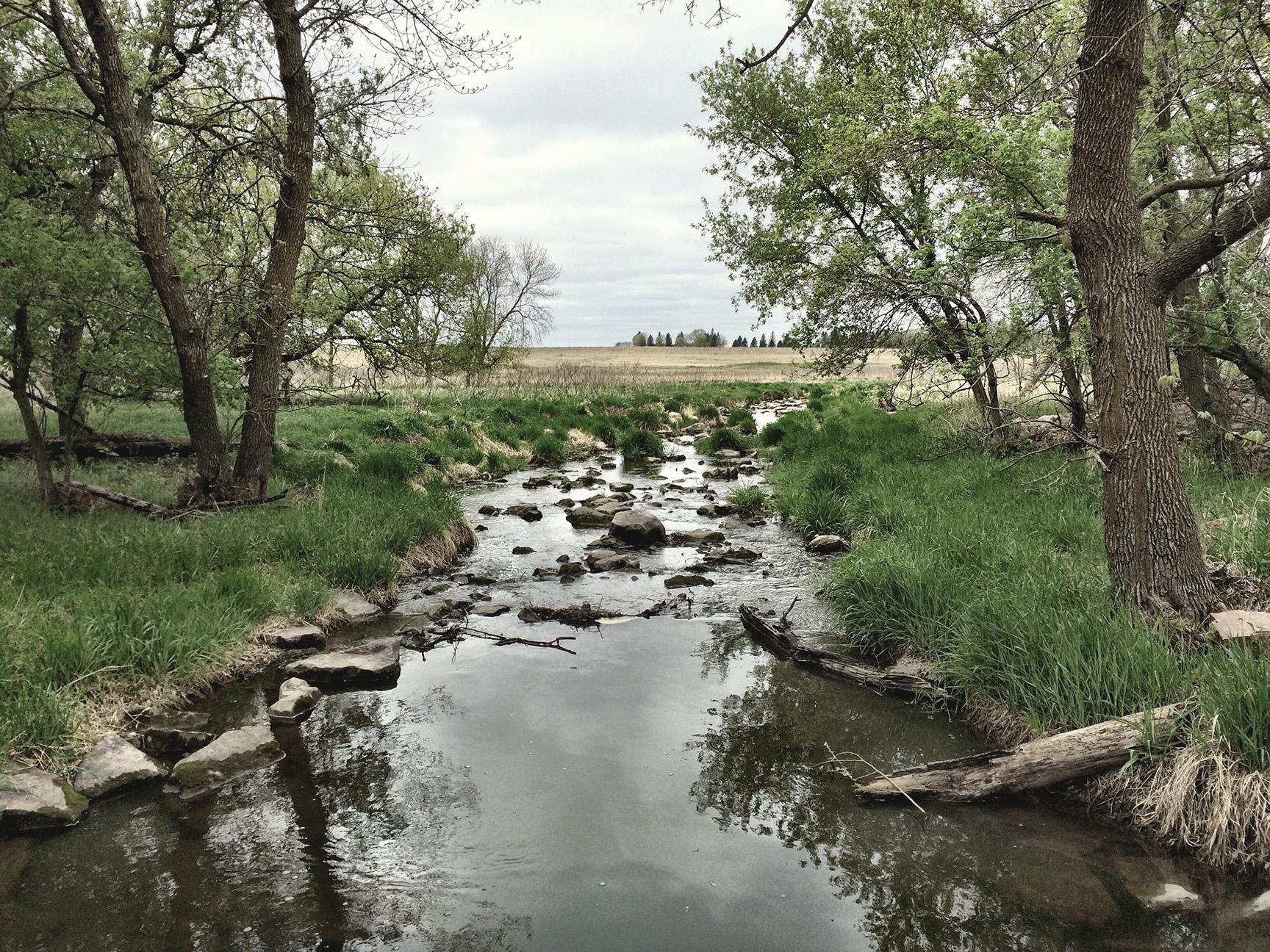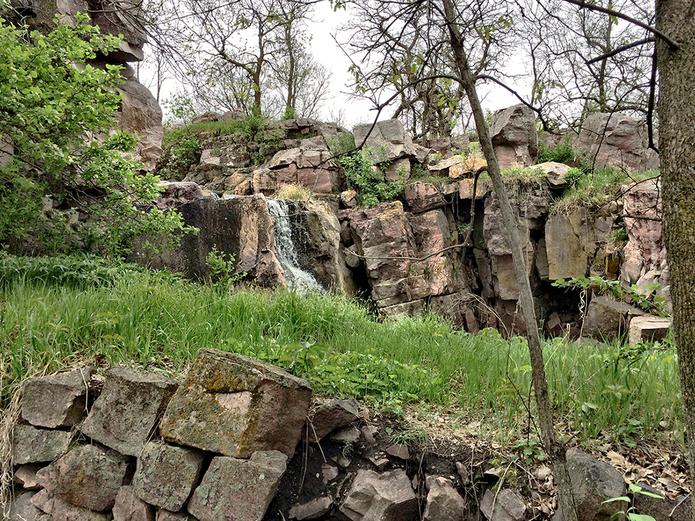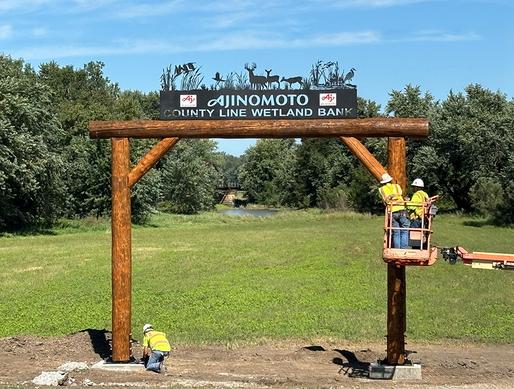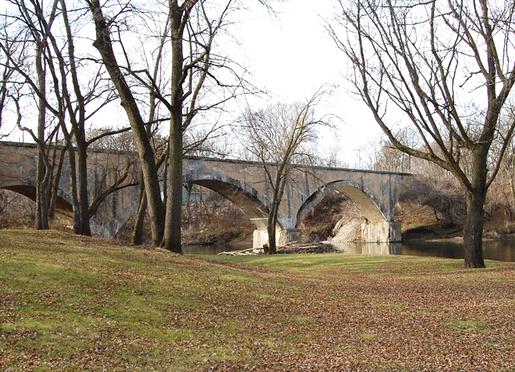
CEA for Pipeline Re-route
CEA for the Magellan Pipeline Relocation Project
EOR and its project partners worked with the Minnesota Department of Commerce to complete a Comparative Environmental Assessment (CEA) under the Minnesota Environmental Policy Act (MEPA) for the Magellan Pipestone Relocation project which involves a route permit by the Minnesota Public Utilities Commission (PUC) for a pipeline re-route around the Pipestone-Cannomok’e National Monument located Pipestone, MN.
The Pipestone-Cannomok’e National Monument protects the pipestone quarries that are of traditional cultural importance to many Upper Midwest tribal groups. Additionally, the area's prairies and bluffs are protected ecosystems for threatened and endangered species of both fish and butterflies.
As such, EOR's work focused on identifying issues to be addressed in the Comparative Environmental Assessment, including the analysis of identified resources and issues; preparation of the Comparative Environmental Assessment; and preparation of the relative merit summary that the PUC uses to determine the final pipeline route and issuance of the route permit certificate.
Our team consisted of national experts in environmental planning, archaeologists, and environmental sciences. As part of the MEPA review, EOR collaborated with multiple state and local agencies to address interrelated project issues. The team's expertise was critical in addressing the potential impacts and in developing appropriate mitigation strategies - especially given the ecologically sensitive and important cultural and heritage resources.
The EOR team assessed cultural resources, land use, water resources, soils and geology, air quality, noise, recreational impacts, and cumulative impacts. In particular, the cultural resources were extremely important because of the extensive archaeological record and the extreme significance of the area to Native American tribes. The team received over 15,000 public comments on this topic alone during the CEA process.

Client Benefits
- Comprehensive knowledge of the MEPA process
- Team members specifically certified in the related threatened and endangered species of concern
- Expert knowledge of water and ecological resources involving linear corridors
- Deep understanding of traditional cultural properties and Native American consultation
- Documentation and review of extensive public comments given both the cultural and ecological sensitive nature of the area



